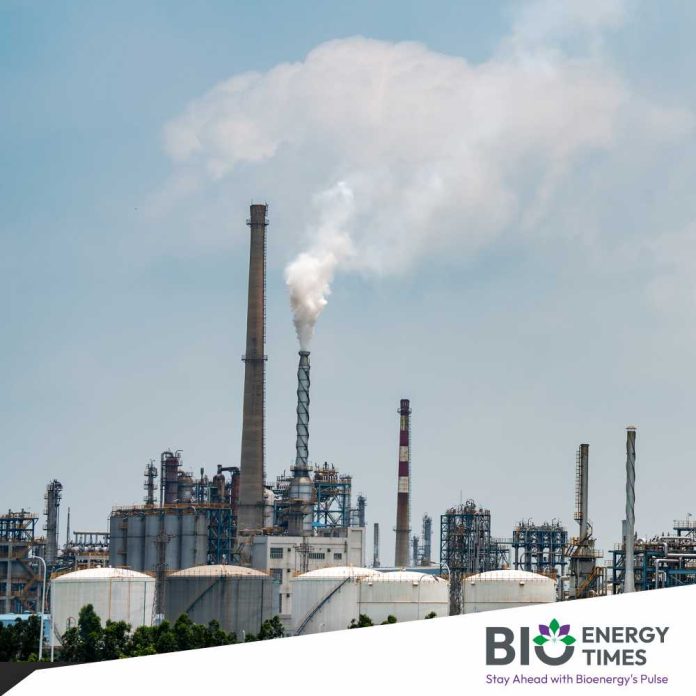A groundbreaking technique to monitor contamination in bioethanol production has the potential to increase revenue by more than $1.6 billion USD and cut CO2 emissions by 2 million tons, reported Physics.org.
Researchers at The Novo Nordisk Foundation Center for Biosustainability (DTU Biosustain) have, for the first time, examined the contaminant population in sugarcane bioethanol production at the strain-level. Their study, published in Nature Communications, reveals that strain dynamics directly influence process performance, highlighting the necessity for improved microbial control techniques to optimize industrial efficiency.
Bioethanol, a key renewable energy source, is produced through the fermentation of sugars by yeast, primarily Saccharomyces cerevisiae. However, bacteria contaminants in the raw materials can significantly impact fermentation efficiency. Previous methods of characterizing these contaminants did not fully capture their diversity or effects.
“Our research offers a comprehensive analysis of microbial populations throughout the bioethanol production process in major Brazilian biorefineries. Using shotgun metagenomics and cultivation-based methods, we identified ecological factors influencing community dynamics and bioconversion efficiency,” explains Postdoc Felipe Lino from DTU Biosustain. “Our findings show that specific bacterial strains, influenced by temperature, can either hinder or enhance ethanol yield, advancements made possible by our advanced techniques.”
These insights could potentially increase process yield by over 5%, translating to approximately $1.6 billion in increased revenues annually and reducing CO2 emissions by about 2 million tons, solely in Brazil.
The study reveals that the interaction between different species significantly affects ethanol yield, particularly noting improved yields in the presence of higher concentrations of Lactobacillus amylovorus.
Professor Morten Sommer of DTU Biosustain elaborates, “We’ve mapped microbial populations at strain-level resolution to uncover the true impact of non-yeast microbes on fermentation. We identified specific strains of L. fermentum that detrimentally affect the process, while others are neutral or even beneficial buffers against harmful strains.”
“Higher temperatures were found to promote the growth of certain L. fermentum strains that reduce yeast viability and fermentation efficiency. This underscores the need for more precise monitoring of microbial communities in the future,” Sommer added.
These findings could pave the way for novel microbial and process control solutions to manage undesirable microbes, unlocking substantial improvements in bioethanol production efficiency and cost-effectiveness. This breakthrough supports global efforts to reduce greenhouse gas emissions by enhancing biofuel efficiency and reducing environmental impact.
The research outcomes hold significant implications for biofuel and industrial biotechnology sectors, as well as for research groups focusing on bioinformatics tools for strain-level microbiome analysis. The newly developed gene catalog and functional analyses offer valuable resources for discovering enzymes and metabolic traits beneficial for robust industrial strains, with potential applications in other metagenomics studies such as gut microbiome dynamics and soil microbiomes.















